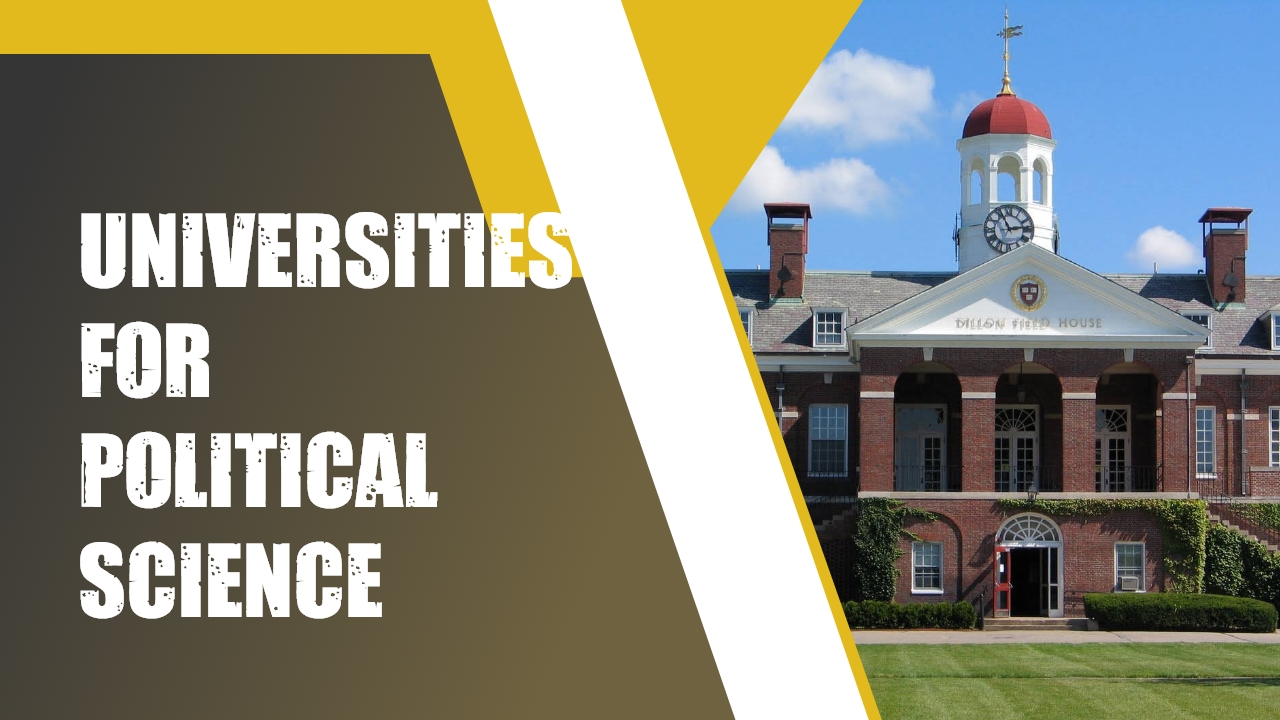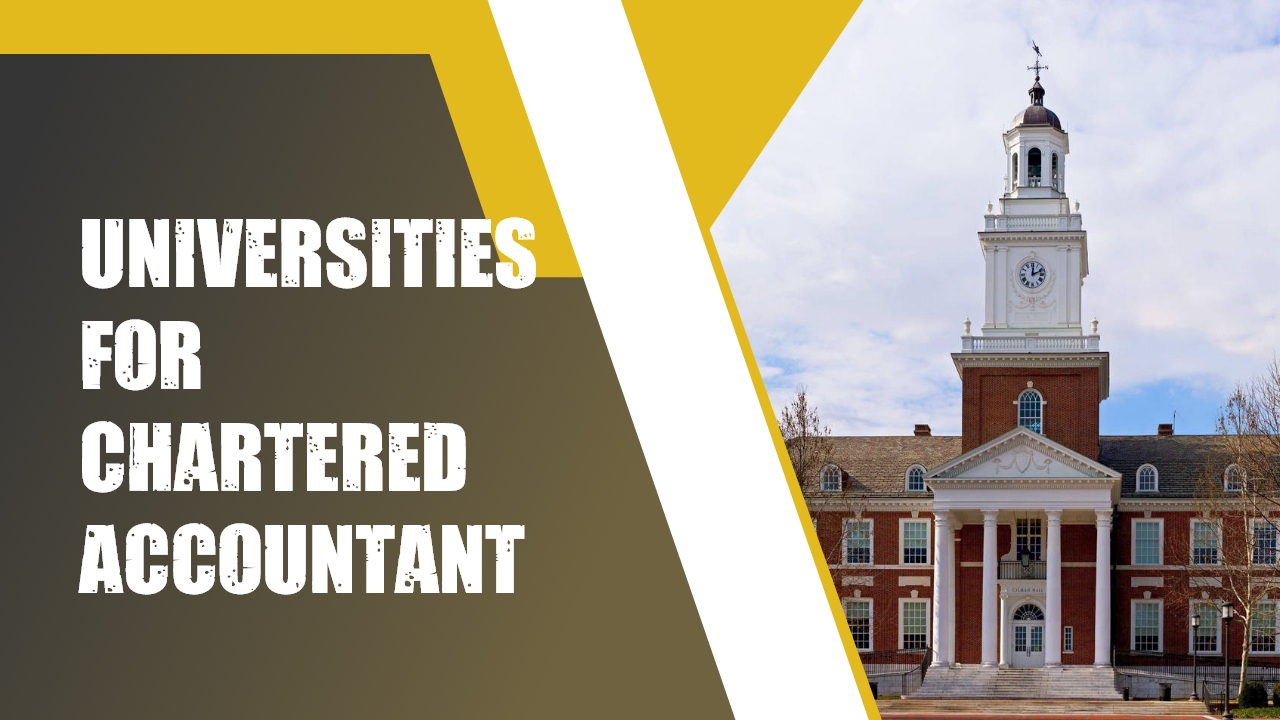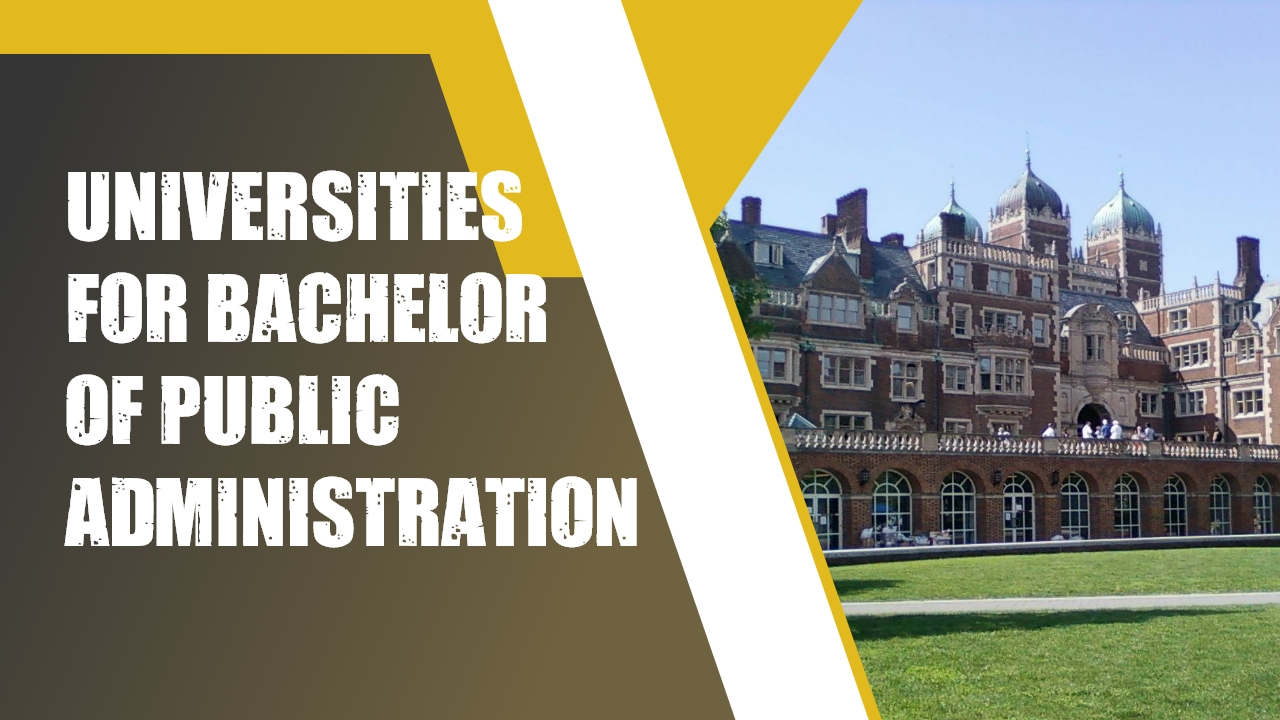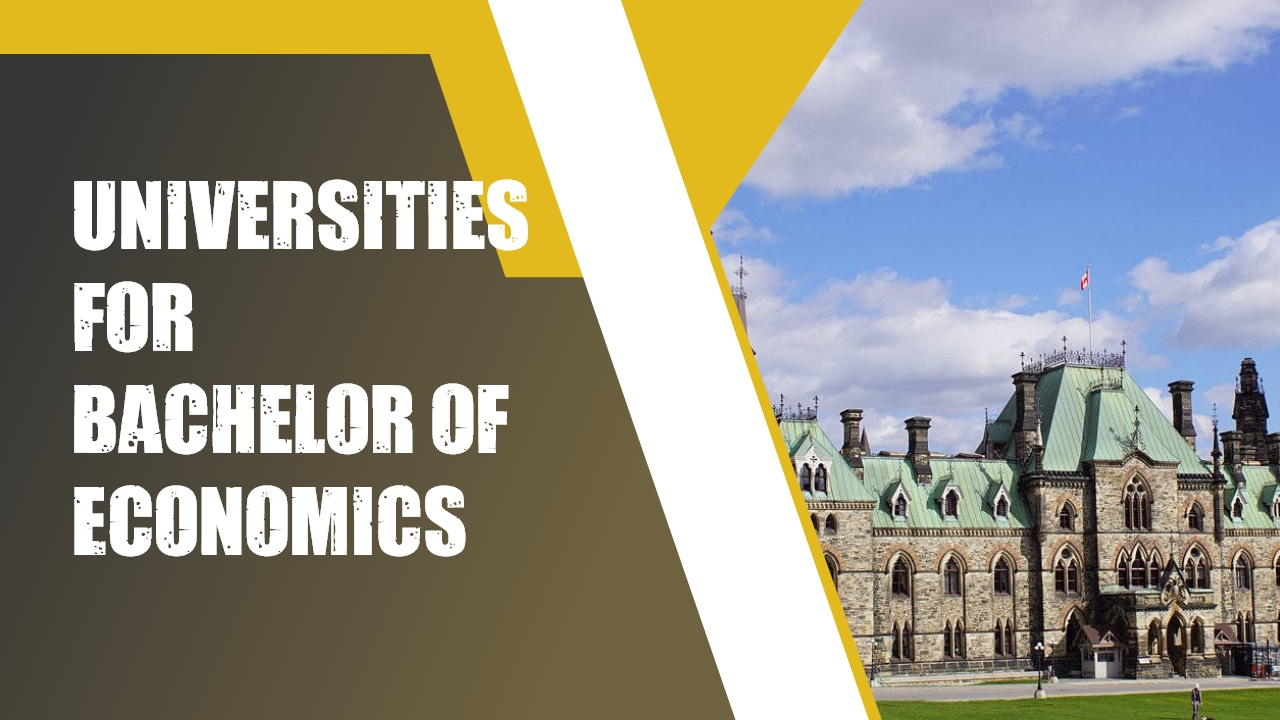Top 4 Universities for Bachelor of Economics Students in the USA
Choosing the right university for a Bachelor of Economics is crucial for students aiming to build a strong foundation in economic theory, quantitative skills, and analytical thinking. The USA is home to several prestigious institutions renowned for their economics programs. Here’s an in-depth look at four of the best universities in the USA for pursuing a Bachelor of Economics degree, highlighting their key features, strengths, and what makes them stand out.
1. Harvard University
Overview: Harvard University, located in Cambridge, Massachusetts, is globally renowned for its academic excellence and prestigious faculty. The Economics Department at Harvard is one of the top-ranked in the world, known for its rigorous curriculum and influential research.
Key Features:
- Curriculum: Harvard’s undergraduate Economics program offers a comprehensive curriculum that covers microeconomics, macroeconomics, econometrics, and a variety of specialized courses. Students have the flexibility to explore various fields such as international economics, public policy, and financial economics.
- Faculty and Research: The program boasts a distinguished faculty, including several Nobel laureates and leading researchers in economics. Students have opportunities to engage in cutting-edge research and benefit from the faculty’s extensive expertise and mentorship.
- Resources and Opportunities: Harvard provides extensive resources, including access to the Harvard Economics Review, research centers, and seminars. Students also have opportunities to participate in internships, study abroad programs, and collaborative research projects.
- Career Prospects: Graduates of Harvard’s Economics program are highly sought after by employers and often pursue careers in finance, consulting, academia, and government. The university’s strong alumni network and career services provide valuable support in securing prestigious positions.
Pros:
- Prestigious program with access to top-tier faculty and research.
- Wide range of course offerings and specialized fields.
- Strong career prospects and extensive alumni network.
Cons:
- Highly competitive admission process.
- High cost of tuition and living expenses.
2. University of Chicago
Overview: The University of Chicago, located in Chicago, Illinois, is renowned for its rigorous and analytical approach to economics. The Economics Department is celebrated for its strong emphasis on quantitative analysis and empirical research.
Key Features:
- Curriculum: The Economics program at the University of Chicago is known for its quantitative focus and theoretical rigor. The curriculum includes core courses in microeconomics, macroeconomics, and econometrics, along with a variety of electives in areas such as economic theory, financial economics, and development economics.
- Research and Faculty: The department features a distinguished faculty with numerous Nobel Prize winners and leading economists. Students have opportunities to engage in influential research and work closely with faculty members on groundbreaking projects.
- Economics Research Centers: The university hosts several prominent research centers, including the National Bureau of Economic Research (NBER) and the Becker Friedman Institute, providing students with access to leading research and policy discussions.
- Career Outcomes: Graduates of the University of Chicago’s Economics program are well-prepared for careers in finance, consulting, policy analysis, and academia. The university’s strong reputation and extensive network help students secure competitive positions and internships.
Pros:
- Strong emphasis on quantitative and theoretical economics.
- Opportunities for influential research and collaboration.
- Excellent career prospects and access to leading research centers.
Cons:
- Rigorous curriculum may be challenging for some students.
- High cost of tuition and living expenses.
3. Massachusetts Institute of Technology (MIT)
Overview: The Massachusetts Institute of Technology (MIT), located in Cambridge, Massachusetts, is globally recognized for its innovative approach to education and research in economics. The Economics Department at MIT is known for its cutting-edge research and interdisciplinary approach.
Key Features:
- Curriculum: MIT’s Economics program offers a robust curriculum with a strong emphasis on quantitative methods, economic theory, and applied economics. The program includes core courses in microeconomics, macroeconomics, econometrics, and various specialized electives.
- Research and Faculty: The department is renowned for its research excellence and faculty, which includes several Nobel laureates and leading economists. Students have opportunities to engage in high-impact research and benefit from the department’s interdisciplinary approach.
- Interdisciplinary Approach: MIT encourages interdisciplinary studies, allowing students to combine economics with other fields such as computer science, engineering, and data science. This approach provides students with a well-rounded education and diverse skill set.
- Career Opportunities: Graduates of MIT’s Economics program are highly sought after by top employers in finance, consulting, technology, and academia. The university’s strong connections with industry leaders and its extensive alumni network offer valuable career support.
Pros:
- Innovative and interdisciplinary approach to economics.
- Strong emphasis on quantitative methods and research excellence.
- Excellent career prospects and industry connections.
Cons:
- Highly competitive admission process.
- Intense academic environment may be demanding.
4. Stanford University
Overview: Stanford University, located in Stanford, California, is known for its rigorous academic programs and strong emphasis on research and innovation. The Economics Department at Stanford offers a well-rounded program with opportunities for interdisciplinary studies and practical experience.
Key Features:
- Curriculum: Stanford’s Economics program provides a comprehensive curriculum covering microeconomics, macroeconomics, econometrics, and specialized electives. The program also emphasizes practical applications of economic theory through courses in economic policy, development economics, and behavioral economics.
- Research and Faculty: The department features a distinguished faculty engaged in cutting-edge research across various areas of economics. Students have opportunities to participate in research projects, seminars, and workshops, benefiting from the faculty’s expertise and mentorship.
- Interdisciplinary Opportunities: Stanford encourages interdisciplinary studies, allowing students to explore connections between economics and fields such as business, law, and environmental science. This approach enhances students’ analytical skills and broadens their academic perspectives.
- Career Support: Graduates of Stanford’s Economics program are well-prepared for careers in finance, consulting, technology, and public policy. The university’s strong career services and extensive network of alumni and industry connections provide valuable support for job placement and internships.
Pros:
- Comprehensive curriculum with emphasis on practical applications.
- Opportunities for interdisciplinary studies and research.
- Strong career support and industry connections.
Cons:
- Competitive admission process and high cost of living in California.
- Intense academic environment may be challenging.
Conclusion
Selecting the right university for a Bachelor of Economics is crucial for building a strong foundation in economic theory, research, and practical skills. Harvard University, the University of Chicago, the Massachusetts Institute of Technology (MIT), and Stanford University are among the top institutions in the USA offering exceptional economics programs.
Harvard University is known for its prestigious reputation and comprehensive curriculum, while the University of Chicago offers a rigorous and quantitative approach. MIT stands out for its innovative and interdisciplinary focus, and Stanford University provides a well-rounded education with strong research and career support.
When choosing a university, consider factors such as curriculum structure, research opportunities, faculty expertise, and career prospects. Each of these top universities provides a high-quality education and valuable experiences to help students succeed in their careers and contribute to the field of economics










